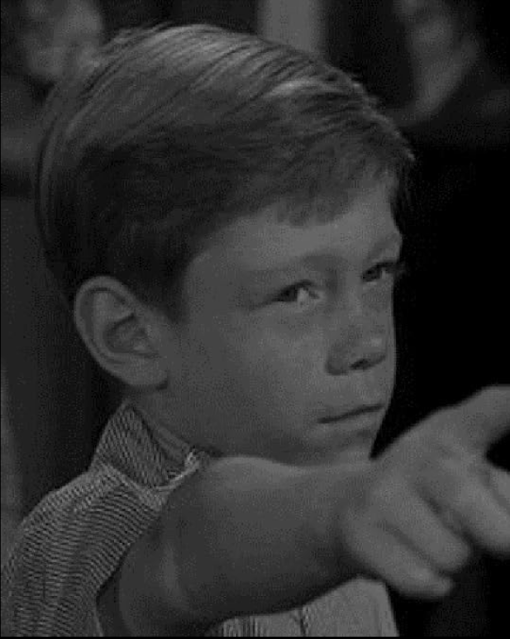Scattershots
I listen to a great deal of NPR during an average day (lately I’ve been catching more of the decidedly left-wing Air America, as I continue to see how that’s developing) but in an environment with frequent interruptions. Consequently, I often get to hear portions of stories, or even if I hear the entire thing don’t get much chance to stop and jot down a telling note or two so I can better backtrack for more information later.
These fragments tumble around in my mind and bubble up every now and then.., accompanying decades of other petty frustrations, but that’s another matter.
I want to dump a couple of these fragments here, with the hope that even if someone doesn’t come by to point out the rest of the story (I can’t be sued for saying that, can I?) it might nudge me to follow up on them on my own.
First is a brief one:
This was from the recent gay marriage controversy, and all I caught was that it was a representative from Wisconsin, and his sound byte seemed to be such a tortured piece of half-logic that I was surprised I didn’t hear it repeated mockingly by others. (It’s that last part that has me wondering if I heard it correctly, or if there was something more to the statement.) What was played was his declaration that he and his wife had been married for 18 years – and I think there was a significant pause here – and that he didn’t think he had to apologize for that.
The context placed him in the anti-gay marriage camp, and the statement left me wondering what he thought he meant by that. The inference I drew was that his perspective was either one in which allowing homosexuals to marry would somehow denigrate the institution, or perhaps that he felt someone else had painted (heterosexual) marriage as a bigoted institution.
In all honesty, I hope that it turns out I misunderstood the statement completely.
The second scrap is from farther back, and was an interview with an author. (Probably a Fresh Air interview, which should see me scouring their archives, but, well, there are quite a few things I should be doing…)
A self-professed pacifist (or at least his father was, though he seemed to share those inclinations in his background), he’d shadowed a class at West Point. His book turned from a simple chronicling into a song of admiration for the institution and the people involved.
He played up the perspective that the high standards for performance, morality and camaraderie were unparalleled in any other organization, such as the various peace-minded ones his father had espoused for decades. This apparently had the force of an epiphany, which seemed to find him rethinking his lifelong objections to the military.
What irritated me was that it was as if he was unable to connect the dots and realize what might come of some public works program that took in bright young men and women, provided them with an insulated, supportive environment where they’re told every day that they’re the best of the best, and engaged in work of the highest order, and did so within a strict structure of rules and regulations that provided a relatively black and white moral environment. Further, that this institution then placed them into a structure where they would do this work, for pay, in a structure where they’re given access to advanced technology to carry out their work, etc… I think you’d see at least as impressive an organization.
It’s all in the funding for the institution and the continuation of it into -- not so much the “real world” as a world that’s an extension of the institution they’ve been in for several years. That’s why the program works, not because it’s a military mission.
While it’s possible the author ultimately came to the same conclusion in his book, if so he didn’t espouse it anywhere in the interview that I heard. It’s the sort of thing that irritated me at the time and continues to do so when it bubbles up in my mind… usually at inopportune moments.



Comments